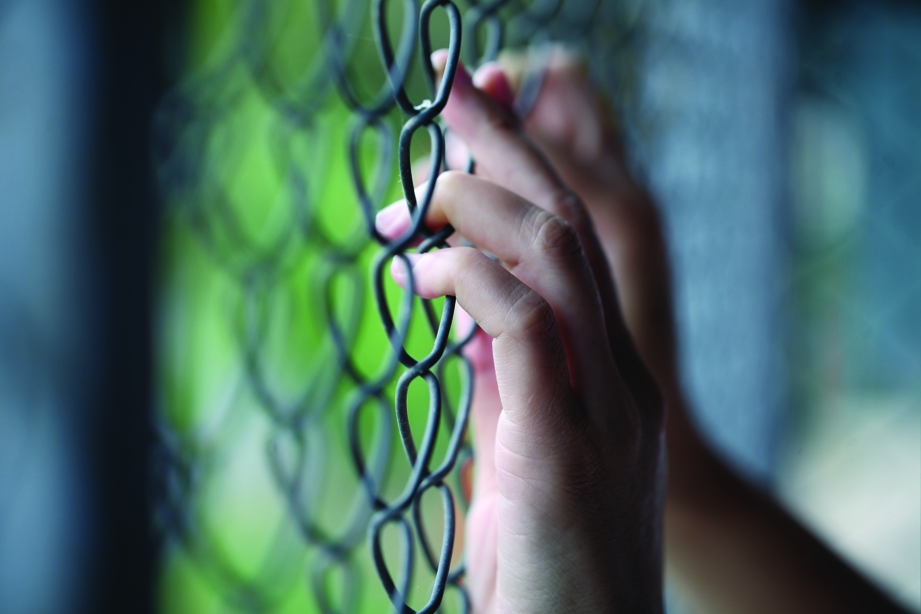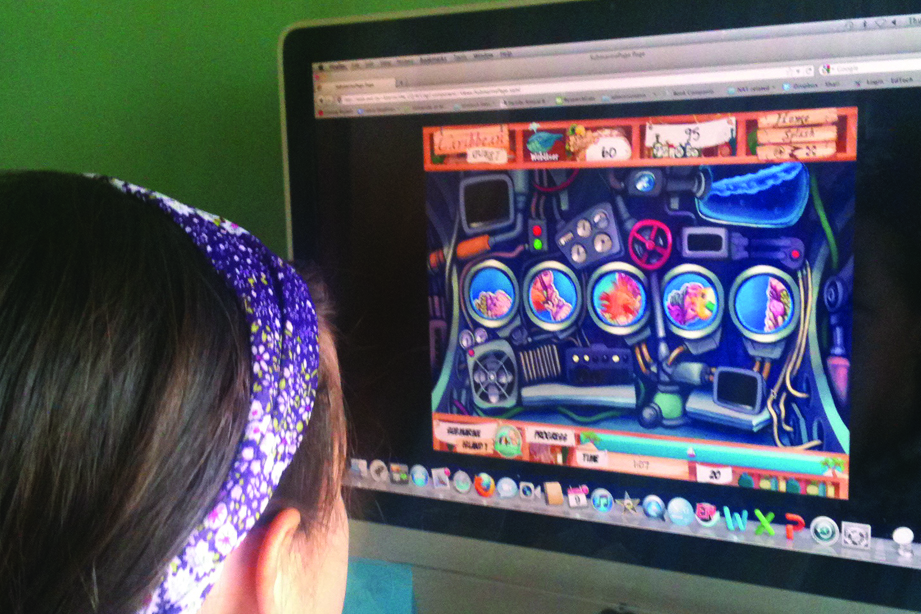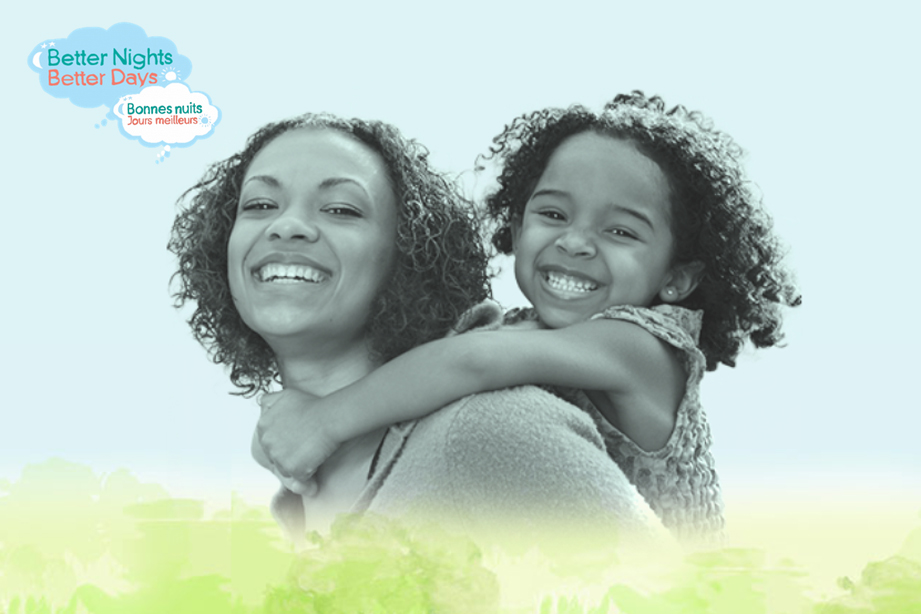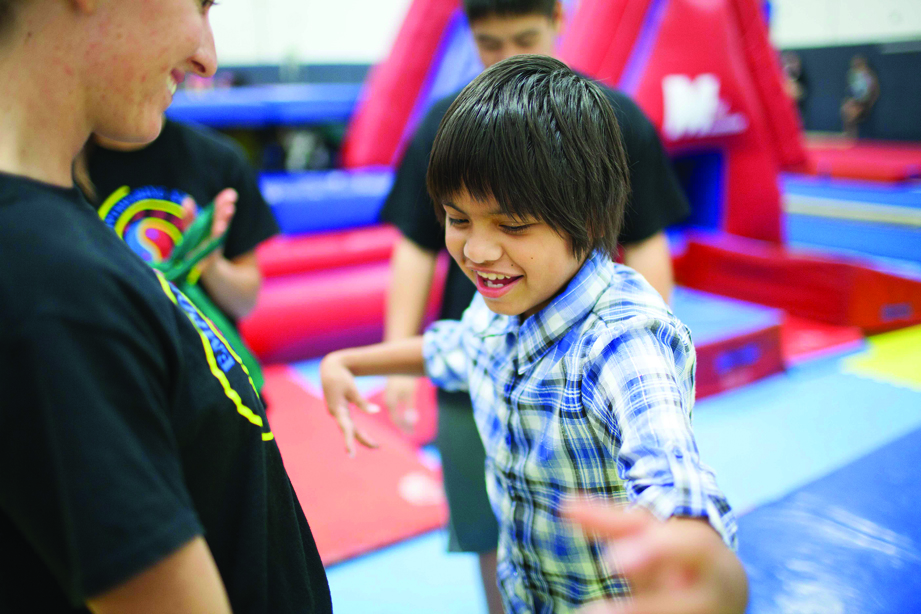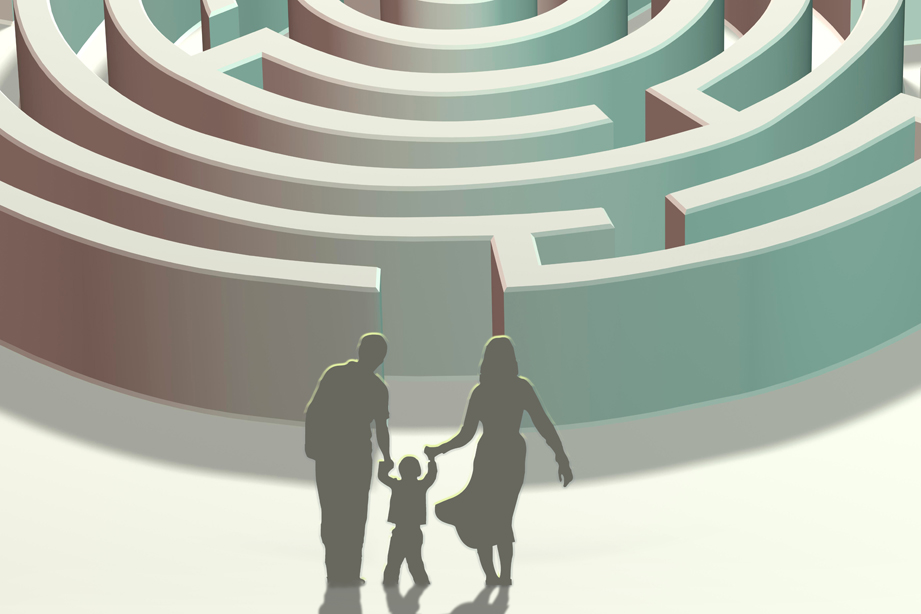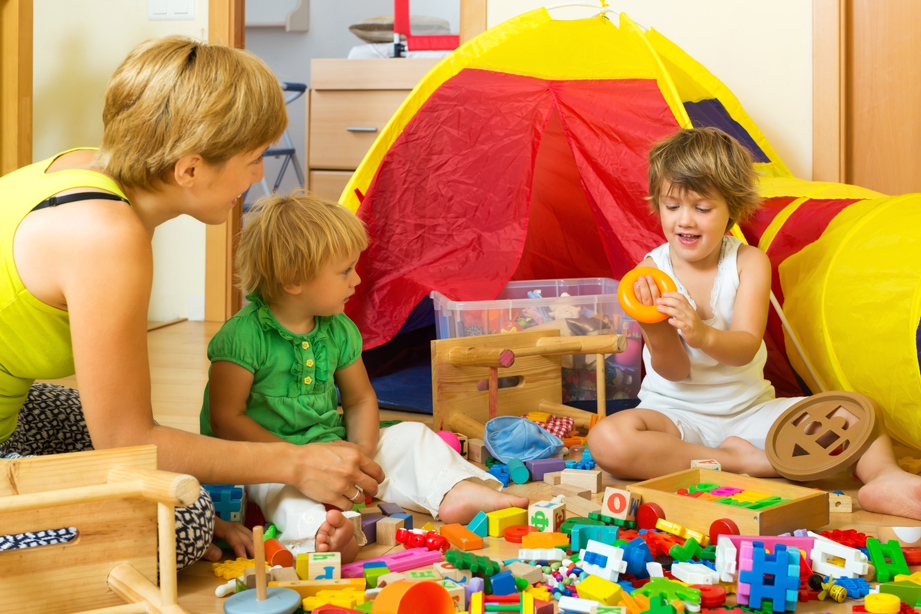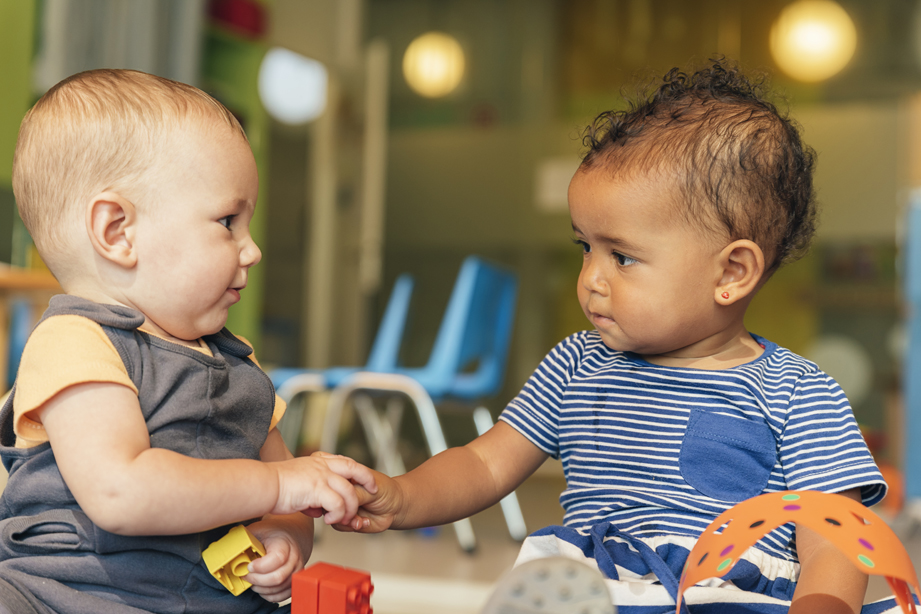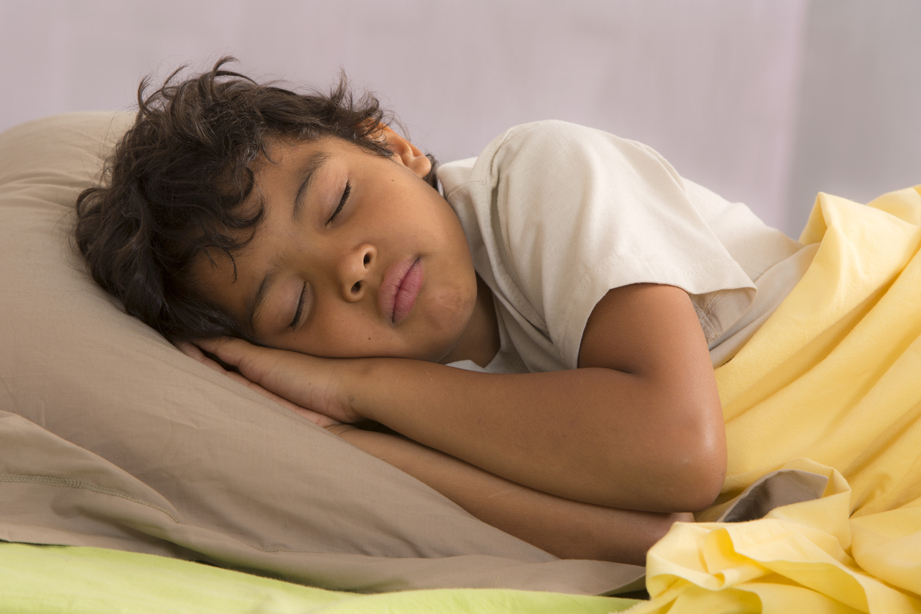Challenge In Canada, there have been poor outcomes for children with a neurodevelopmental disorder (NDD), with educational achievement and employment outcomes being the lowest of all existing disability groups. This outcome is a result of the unmet needs by services for children with a neurodevelopmental disorder and their families. Describing these needs for children with [...]
Dino Island/Caribbean Quest Game for ASD & FASD
Nicolas Turgeon-Morin2023-05-04T08:22:34-08:00Challenge Deficits in the ability to attend and self-regulate are hallmarks of many neurodisabilities, and significantly impact many children's capacities to learn and succeed. Very few practical, affordable, and accessible interventions exist to treat these difficulties in children. Project Summary Attention and Executive Functions (EF) are vital for every aspect of life, including school/work success, [...]
The Better Nights, Better Days Project Helping Children with Neurodevelopmental Disorders Sleep Better
Nicolas Turgeon-Morin2023-05-04T08:15:57-08:00Challenge Up to 90% of children with neurodevelopmental disorders (NDDs) experience sleep problems, particularly insomnia, which refers to difficulty falling asleep, staying asleep, and waking up in the morning. This number is in stark contrast to the 25% of typically developing children who have trouble sleeping. Poor sleep can lead to significant consequences for children’s [...]
Physical Activity Strategies to Enhance Children’s Development
Nicolas Turgeon-Morin2023-05-04T08:16:38-08:00Challenge Raising children with neurodisabilities is often isolating and stressful for families, stretching time, finances and everyone’s resilience. At the same time, the health and education systems both face challenges in meeting all the needs of children and their caregivers. Project Summary In addition to promoting physical literacy, community-based physical activity programs provide children with [...]
Integrated Navigational Support for Families of Children with Neurodevelopmental Disabilities
Nicolas Turgeon-Morin2023-05-04T08:21:04-08:00A Pilot in Alberta, British Columbia and the Yukon Challenge Children with neurodevelopmental disabilities (NDDs) often navigate a confusing patchwork of uncoordinated services. These services span several different sectors, organizations and layers of government. Research shows that families frequently struggle to determine what supports are available, appropriate and accessible —especially at crucial life junctures such [...]
Making a difference to families caring for children with neurodevelopmental disorders (NDD)
Nicolas Turgeon-Morin2023-10-19T10:43:11-08:00Challenge For families of children with neurodevelopmental disabilities (NDD), significant barriers exist in accessing trusted sources of new and existing knowledge, and in the lack of opportunities available to share their experiences. By participating in research, families and youth can help address these issues, impact change and be empowered. Jan Willem Gorter and Dayle McCauley [...]
Biorepository cohort (PROMISE)
Nicolas Turgeon-Morin2023-10-19T10:44:22-08:00Challenge A child's genetic susceptibility to the environment is usually associated with specific gene variations. When combined with environmental factors, this susceptibility can lead to better or worse outcomes for the child. Researchers at the Parenting Research on Mental Illness, Stress & Epi/Genetics (PROMISE) study sought to understand how parenting could impact this genetic susceptibility. [...]
The Neuroethics Core
Nicolas Turgeon-Morin2023-10-19T10:44:42-08:00Challenge New biomarkers, new treatments, and new methods: scientific advancements bring new opportunities, but they also tend to bring further ethical questions with them. This is especially true in the field of neurodevelopmental disorders (NDDs) since it involves vulnerable populations such as children, people struggling with addictions and people with disabilities. Project Summary Built into [...]
Quantitative modelling of spontaneous movement in infants
Nicolas Turgeon-Morin2023-10-19T10:45:42-08:00Challenge In young babies, assessment of their motions has been used to predict complex neurological dysfunction later in life. Infant movement has been identified as the 7th cardinal sign of neurological dysfunction. However, this method is limited, partially due to the skills that are required to deliver a clear qualitative assessment of a baby's motion. [...]
The ASD Demonstration Project: Sleep: A Comorbidity Across Disorders
Nicolas Turgeon-Morin2023-10-19T10:52:26-08:00Challenge Upward of 90 percent of children with neurodevelopmental disabilities (NDDs) have sleep issues, compared to just a quarter of typically developing children. The toll on their well-being—and their families’ quality of life—can be severe. Project Summary In 2013, ASD investigators affiliated with KBHN teamed up to guide the national research agenda on this issue, [...]

